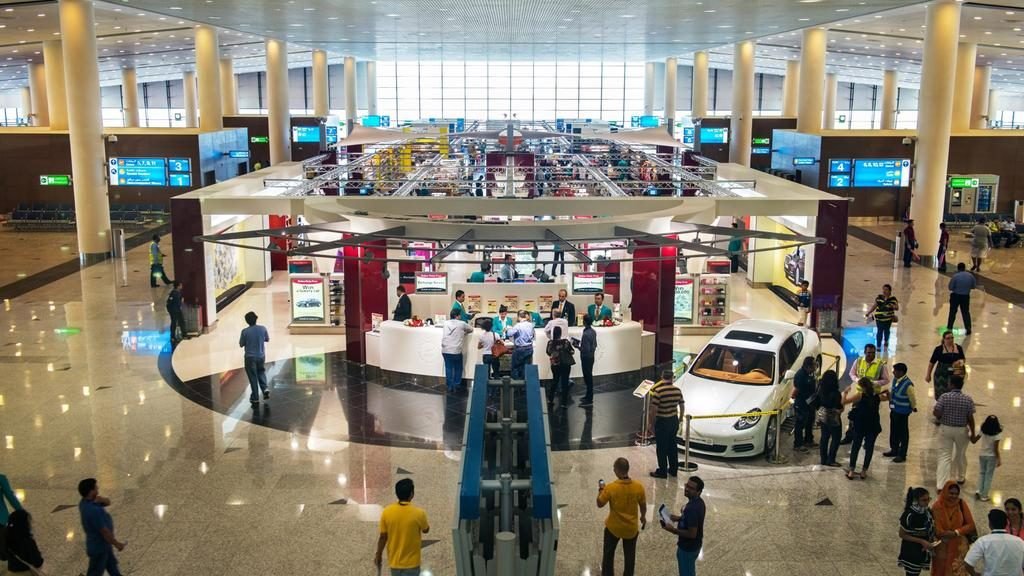
Renting a car is one of the most convenient ways to explore Dubai and surrounding areas. Whether you’re visiting for business or pleasure, here’s a comprehensive guide to help you navigate the process of renting a car in Dubai, including driving regulations, insurance options, costs, and airport rentals.
Driving Side in Dubai
Dubai follows the right-hand driving system, similar to most countries like the U.S. and Europe. The driver sits on the left side of the car, and traffic flows on the right side of the road. Road signs are typically in Arabic and English, making it easy for visitors to understand the rules. The roads in Dubai are generally well-signposted and maintained, making driving relatively straightforward for those accustomed to city traffic.
Car Rental Insurance in Dubai
When renting a car in Dubai, it’s important to understand the insurance policies. Most rental agencies offer basic insurance coverage as part of the rental fee, but this often includes a high excess amount, meaning you’ll be responsible for a significant cost in case of an accident. To mitigate this, many renters opt for Collision Damage Waiver (CDW), which reduces or eliminates the excess.
Additionally, there’s the option of theft protection insurance, which covers the loss of the vehicle in case of theft. Third-party liability insurance is mandatory and usually included in the standard package, ensuring that damages to other vehicles or property are covered.
Always review the insurance terms carefully before you sign the rental agreement, and consider purchasing additional coverage for peace of mind.
Normal Cost of Renting a Car in Dubai
The cost of renting a car in Dubai can vary depending on the type of car, rental duration, and company. On average:
- Economy cars (such as Nissan Sunny or Toyota Yaris): $25 to $35 per day
- Mid-range cars (such as Toyota Camry or Honda Accord): $40 to $60 per day
- Luxury cars (such as BMW, Mercedes, or Range Rover): $100 to $300+ per day
Long-term rentals usually come with discounts, and you may be able to negotiate better rates for weekly or monthly rentals. Be aware that fuel is relatively cheap in Dubai, which adds to the cost-effectiveness of driving.
Keep in mind that additional fees may apply for things like:
- Young driver surcharge (if you’re under 25 years old)
- GPS or additional equipment rentals
- Extra insurance beyond the standard offering
Renting a Car at Dubai Airport
Renting a car from Dubai International Airport (DXB) is convenient and popular among visitors. Major car rental companies such as Hertz, Avis, Budget, Sixt, and Europcar have counters in Terminals 1, 2, and 3, allowing travelers to pick up their vehicles upon arrival.
Booking in advance is recommended, as it often ensures better rates and availability. Once you arrive at the airport, simply head to the designated car rental area to complete your paperwork and collect your car. Most companies provide 24/7 service at the airport, making it easy to rent a car regardless of when your flight lands.
Driving Around Dubai: Tips and Rules
Dubai’s roads are modern, with an efficient highway system connecting various parts of the city and neighboring Emirates. However, it’s important to follow local driving rules:
- Speed limits: Speed limits are strictly enforced. Typically, the speed limit on highways is 120 km/h (about 75 mph), but this can vary.
- Toll roads: Some roads, particularly the major highways, have tolls. Dubai uses a system called Salik, which automatically charges you via a sticker on the windshield.
- Parking: Paid parking is common in busy areas, so be prepared to pay for parking in central districts. Some malls and hotels offer free parking for their customers.
- Driving Etiquette: Be mindful of driving etiquette in Dubai. Lane discipline is important, and tailgating is common but discouraged.
Requirements for Renting a Car
To rent a car in Dubai, you’ll need:
- A valid driver’s license (If you’re from the U.S., UK, Canada, Australia, or a Gulf Cooperation Council (GCC) country, your national license is typically accepted. Otherwise, you may need an International Driving Permit (IDP)).
- Passport and visa details for non-residents.
- Credit card for payment and deposit purposes.
Drivers must be at least 21 years old, although some rental agencies may have a minimum age of 25 for certain luxury vehicles.


